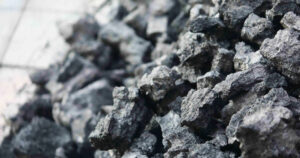
PJSC Zaporizhkox, one of Ukraine’s largest producers of coke and chemical products and a member of the Metinvest Group, increased its blast furnace coke production by 1.46% in January-August this year compared to the same period last year, from 584,100 tons to 592,600 tons.
According to the company, 79.6 thousand tons of coke were produced in August, compared to 78.9 thousand tons in the previous month.
As reported, Zaporizhkox increased its production of blast furnace coke by 2.1% in 2024 compared to 2023, to 874,700 tons from 856,800 tons.
In 2023, Zaporizhkox increased its blast furnace coke output by 16% compared to 2022, to 856,800 tons from 737,400 tons.
Zaporizhkox has a complete technological cycle for processing coke chemical products.
Metinvest is a vertically integrated mining group of companies. Its main shareholders are SCM Group (71.24%) and Smart Holding (23.76%). Metinvest Holding LLC is the managing company of the Metinvest Group.
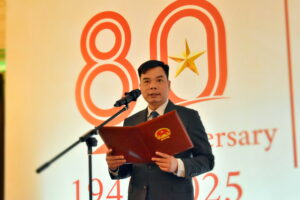
During a reception in Kyiv to mark the 80th anniversary of Vietnam National Day, Pham Hai, Ambassador Extraordinary and Plenipotentiary of the Socialist Republic of Vietnam to Ukraine, emphasized that cooperation with Ukraine has significant potential in the areas of economy, technology, and culture.
“Over the past decades, Vietnam has achieved significant success in political, economic, and social development. In 2025, our GDP is projected to reach approximately $510 billion, and foreign trade turnover in 2024 exceeded $800 billion. Vietnam is among the 35 largest economies in the world and among the top 20 leading exporters,” the diplomat noted.

The ambassador said that despite difficult conditions, bilateral trade between Vietnam and Ukraine is showing positive dynamics: in the first half of 2025, its volume increased by 30% to $560 million.
He separately emphasized the role of the Vietnamese community in Ukraine, which numbers more than 800 people and acts as an “important bridge of friendship between the peoples.”
“We highly appreciate the contribution of Ukrainian specialists to the development of Vietnam after the war, as well as the support of our diaspora in Ukraine, which is actively integrated into local society while preserving its cultural identity,” the ambassador said.
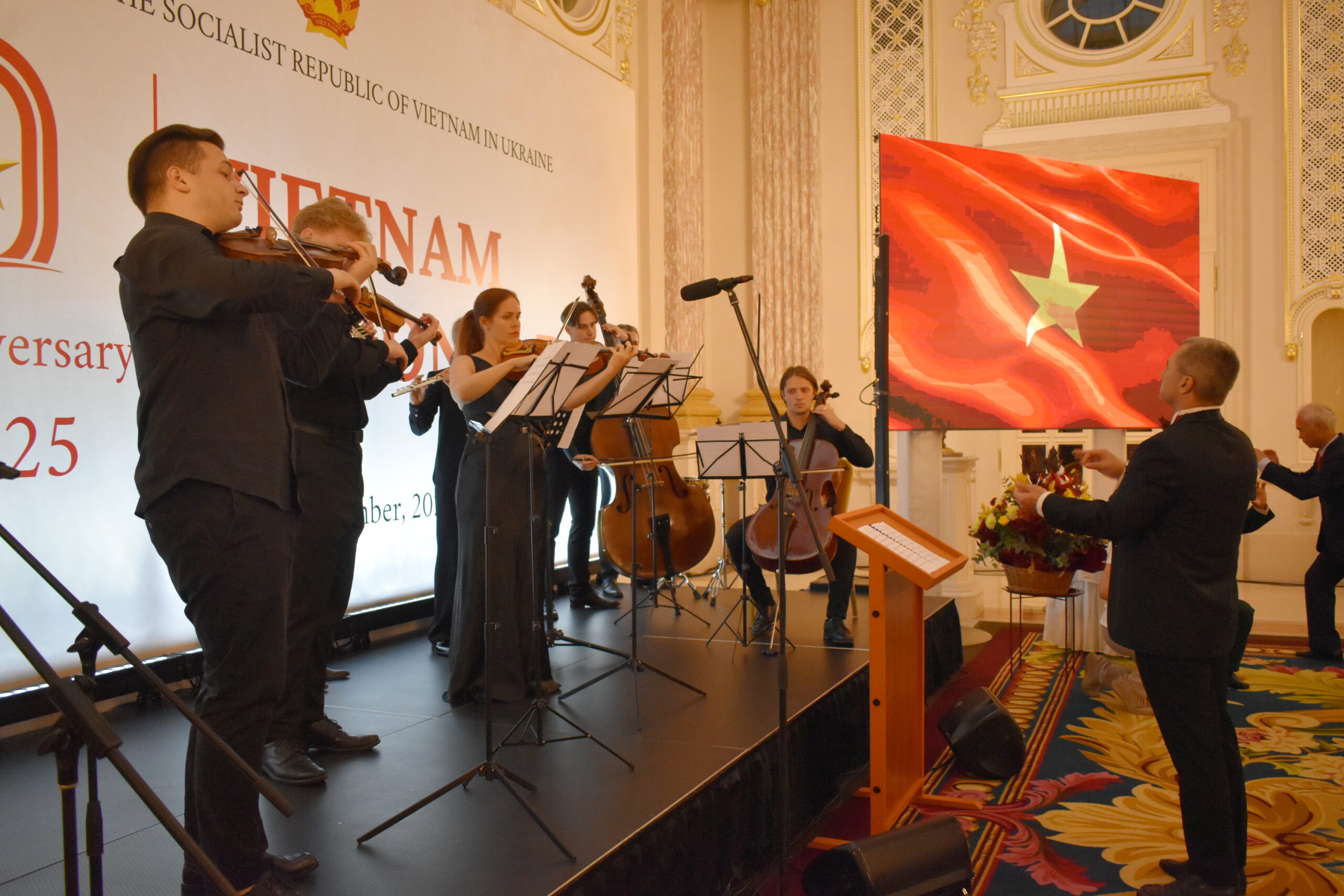
Diplomatic relations between Ukraine and Vietnam were established on January 23, 1992. The Vietnamese Embassy in Kyiv opened in 1993, and the Ukrainian Embassy in Hanoi opened in 1997.
Vietnam’s economy (as of 2025)
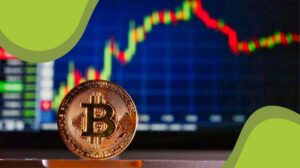
The Fixygen project presents an analysis of promising cryptocurrencies that may increase in value.
1. Ethereum (ETH) – the foundation of decentralized finance
Ethereum continues to show strong momentum. By September 2025, its price had reached a record high of $4,956, and experts predict further growth to $7,500–$12,000, fueled by institutional demand, ETF approval, and the expansion of DeFi and Web3 applications.
2. XRP, Cardano (ADA), and Remittix (RTX) — a balanced portfolio of opportunities
3. DeFi token market: Uniswap, Aave, and Layer Brett
Ethereum remains the foundation, but real income can be generated through DeFi tokens:
It is important to remember that investing in cryptocurrencies is a balance between risk and potential, and it is wiser to invest in projects with working solutions and transparent architecture.

Sunflower oil exports from Ukraine in August 2025 fell to 150,000 tons, which was the lowest monthly volume in more than three years and the second lowest monthly figure in almost 14 seasons, according to the information and analytical agency APK-Inform.
Analysts noted that the decline occurred in all major areas, in particular, there were no deliveries to India.
“The decline in exports of this product during the period was due to seasonal factors, in particular, a reduction in the supply of sunflower seeds on the domestic market, which limited processing, as well as a decline in demand from some importers in anticipation of cheaper oil from the new harvest,” experts explained.
They noted that, according to the results of the current 2024-2025 marketing year, Ukraine exported 4.73 million tons of sunflower oil, which is 24% less than the previous season and the lowest figure for the last three seasons.
“The main factors that limited exports of this product from Ukraine were the smaller sunflower harvest in 2024 and the low margin on its processing,” analysts recalled, adding that supplies to the main markets in the season that has just ended increased slightly.
The top three importers of Ukrainian oil were India (767,000 tons; +44% compared to 2023/24 MY), Spain (656,000 tons; +11%), and Italy (504,000 tons; +28%).
“Overall, the current season has been quite difficult for the Ukrainian sunflower processing sector, forcing factories to seek better profitability in soybean and rapeseed processing, and also prompting the promotion of ”soybean-rapeseed amendments,” APK-Inform summarized.
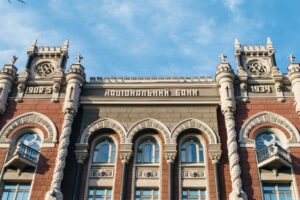
The National Bank, in cooperation with international partners, is working on reforming the infrastructure of the Ukrainian capital market. This was announced by First Deputy Head of the NBU Serhiy Nikolaychuk in an interview with the Interfax-Ukraine news agency.
According to him, the goal is to adapt Ukrainian regulations to European standards, improve investor protection, and create a basis for the inflow of long-term capital after the war. “We want the Ukrainian market to be as integrated as possible into the European financial space,” Nikolaychuk said.